How to Go From Medical Assistant to Physician Assistant: The Steps You’ll Need to Take
Medical assisting isn’t the only career path a MA degree opens to you. This dynamic degree can also be the first step you take towards becoming a physician assistant.
What is A Physician Assistant?
Physician assistants (PAs) are medical professionals with the licensure to diagnose and treat illnesses. They often work with physicians on surgeries and other specialized tasks. However, they’re often the only in their facility or geographic area.
Common tasks for PAs include:
- Performing physical exams
- Diagnosing and counseling patients
- Interpret lab test results
- Assist doctors during surgery
- Updating medical records
How an MA Program Helps You Become a PA
Love being a medical assistant and your daily responsibilities, but yearn to work more closely with patients?
Congratulations, you’re a perfect candidate to become a PA! It’s a challenging career, but the skills you’ve developed as an MA will give you a leg up. Here’s how:
- Upkeeping Medical Records: Medical assistants understand the importance of writing accurate medical records. They can continue honing this skill while updating their patients’ information after a PA checkup.
- Leadership: Emergencies happen. MAs are often the ones taking the immediate life-saving actions. Having a calm response to urgent situations shows that you have the responsibility and quick thinking it takes to grow into a physician assistant role and beyond.
- Clinical Skills: Checking heartbeats. Drawing blood. Preparing patients.
This is the everyday life of a medical assistant. These simple tasks are the foundation of healthcare. It informs everyone on the staff of a patient’s condition. They’re also some of the tasks you’ll continue to perform as a PA.
- Foundation of Medical Ethics: Medical assistants are the comforting bedside presence patients need when they’re lying in a sterile hospital room. Whatever information is shared in that room MAs keep to themselves. Physician assistants, especially ones working by themselves in rural areas, need this empathy. It brings them closer to their patients and ensures that they’re practicing ethically. Medical ethics might be taught in the classroom, but you’ll live them out every day as a medical assistant.
- Communication: Constant communication is more than pinging on your phone. It’s the continuous checkup that patients don’t see. Medical assistants’ writing becomes clearer when they update records every day. Over time, you’ll develop a calming voice that conveys instructions to your patients.
You might use this voice to read out a doctor’s diagnosis now. But as a physician’s assistant, the care plan you read will be your own. Take your time as a medical assistant to practice. Your communication as a physician assistant needs to be clear and concise as possible.
How to Become a Physician Assistant
Being a medical assistant is a great place to start your journey to become a physician assistant. But it’s not the only one you’ll have to take. Here’s how you can take your career to the next level:
- Earn a Relevant Diploma: An undergraduate program isn’t going to launch you directly into a PA role. But it will provide the medical knowledge you need to further your education. Medical or science degrees are applicable to your future career.
- Gain Medical Experience: Entry-level careers and internships give you the taste you need to determine whether a PA career is right for you. These experiences stand out in graduate school applications because they demonstrate the grit you need to succeed.
- Complete a PA Program: You’ll need an impressive resume to enroll in a physician assistant graduate program. You’ll want to include:
- School transcripts
- HCE/PCE hours
- Personal statement
- Letters of recommendation
Once you enroll, you’ll gain the classroom and hands-on experience needed to pass the PANCE exam.
- Pass the PANCE (Physician Assistant National Certifying Examination): This 300-question test is the final hurdle you’ll jump to start your gold-medal career.
Passing this exam is a challenge. Study hard. When you’re healing patients, it’ll be more than worth it.
A Medical Assistant Program Takes You to Your Future
Every physician assistant has medical experience before their first day on the job. Make medical assisting yours.
Nurture your love for patients at FVI’s medical assistant program in Florida. There’s no better preparation for your future career than the hands-on training you’ll receive with us. Both of our south Florida campuses offer the medical assistant program. Enroll in Miami medical assistant school or Miramar medical assistant school to start your training! FVI offers healthcare programs in Florida for students who are seeking to become healthcare professionals. Our fast track programs in nursing, medical assisting, and more will help you meet you career goals. Contact us for more information and our experts can help guide you to the right program or get started today and apply now!










